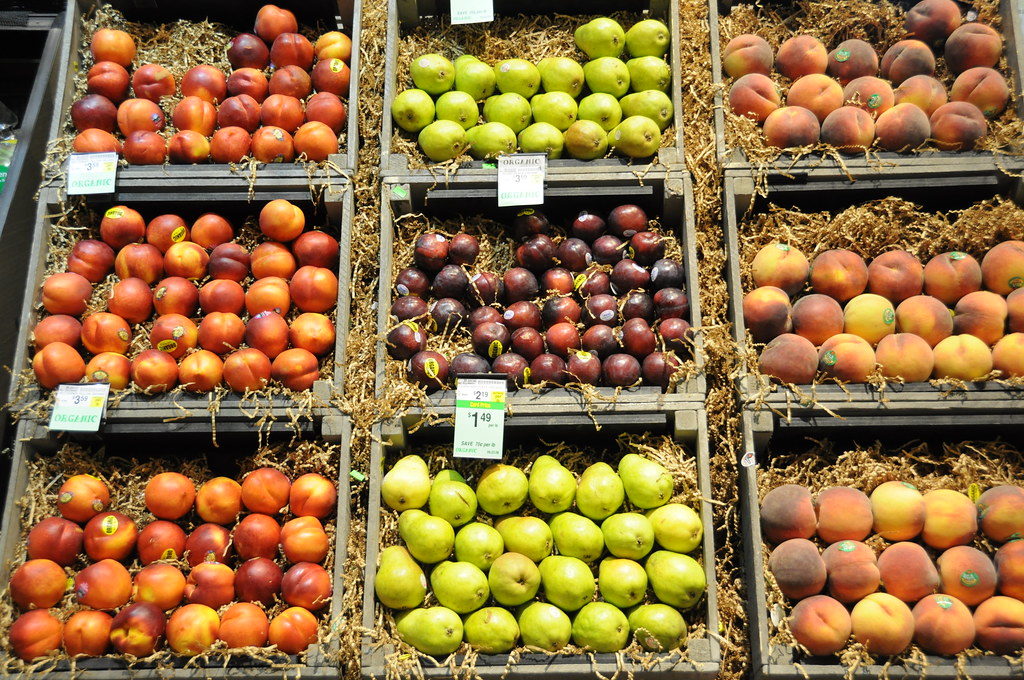We all have a right to food. Yet despite the UK Government making this commitment on the international stage, its own food system is not currently working for everyone.
Austerity has led food bank use in the UK to increase by almost four-fold since 2012, and there are now approximately 2,000 food banks across the country, up from just 29 at the height of the financial crisis in 2008. But this is only the tip of the iceberg: many in food poverty fall under the radar.
Food poverty results from rising poverty levels more broadly. To tackle food poverty we need to address the root causes that push people into poverty. This means ending austerity. The links between austerity and poverty have long been identified by civil society, in addition to rising living costs, stagnant wages, and a high-cost housing market. In February of 2019, the work and pensions secretary Amber Rudd MP admitted that the UK’s new welfare system, Universal Credit, is pushing people to use food banks.
After decades of campaigning by groups including Sustain, this year the UK Government will finally start measuring household food insecurity. In the absence of official figures, the UN estimates that approximately 8.4 million U.K. citizens struggle to put food on the table.
Food poverty can present itself in a number of ways. It can mean going without meals, limiting portions, constantly worrying where the next meal is coming from, or having to buy poorer quality and less nutritious food. In order to follow the Government’s Eat Well guidelines one in five families would have to spend 40% of their income after housing costs.
This does not mean that we should reduce the cost of food, but rather increase its affordability and accessibility. Farmers currently only receive 8% of the final cost of the food, and many farm workers do not enjoy the paid holiday, sick pay, pension contributions, wage progression and other benefits that workers in many industries take for granted.
Sustain’s research has found that a low-paid workforce has a negative impact on the rural economy, making communities poorer and more vulnerable to decline. The fact that some of those who grow and sell our food are going hungry is shocking, but can be prevented. Behaviour and pricing in the food supply chain needs to be regulated to ensure fair incomes for suppliers, including farmers and growers, and those working for them.
Many people in poverty live in areas classified as food swamps or food deserts. This means that their access to fresh affordable food is limited, and they are often forced to pay a Poverty Premium, meaning that their purchases are more expensive than equivalent purchases in an area with wider food choices.
In order to tackle the lack of choice and the poverty premium, food access needs to be properly considered in town planning decisions. This consideration may take the form of increasing provision of healthy food retail or markets, providing affordable public transportation, or offering meals on wheels provision. Sadly, the latter two have been cut in recent years by many local councils who have been forced to reduce costs.
Children are particularly vulnerable to the effects of malnutrition and food poverty, and this can go on to have both long term mental and physical consequences on their life outcomes.
It costs only £437 per year to provide a child with a school meal during term time. Yet an estimated 1 million children, despite living in poverty, are not currently eligible for free school meals, and are therefore often forced to skip lunch as their parents cannot afford the cost. These children include those who, due to their parents immigration status, are not entitled despite many of them being born in Britain, as well as children who are no longer eligible due to changes related to Universal Credit.
With leadership absent at the national level, many local councils, like those surveyed in our Beyond the Food Bank report, show that a commitment to alleviating food poverty can put money into pockets and meals onto tables.
When the UN Special Rapporteur on Extreme Poverty and Human Rights visited the UK last year, he pointed out that these economic decisions that have affected the worst off in society were politically motivated. Indeed, as he said in his preliminary statement: “Austerity could easily have spared the poor, if the political will had existed to do so”.
We hope that the UK Government starts taking action in order to ensure a fair food system for all by tackling austerity measures that have pushed people into poverty, and by taking its commitments to guaranteeing our social and economic human rights seriously.
This article has also been published on Open Democracy. Photo credit from previous page: Flickr / Kent Kanouse

